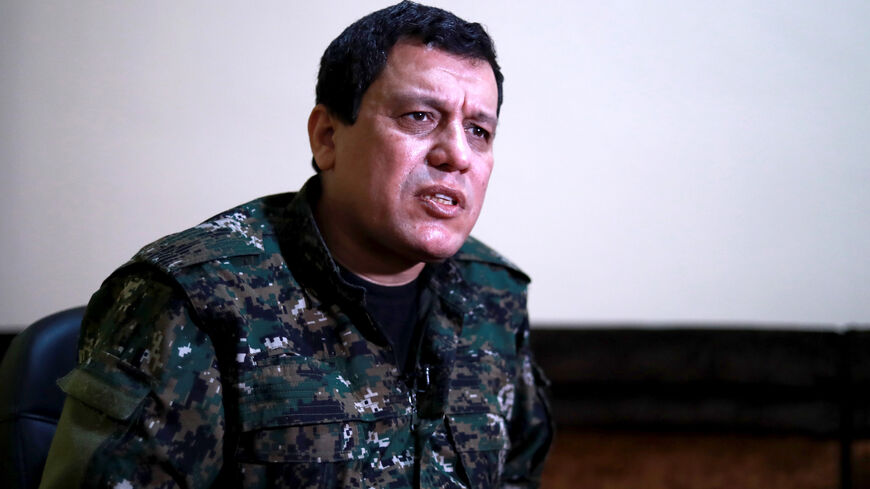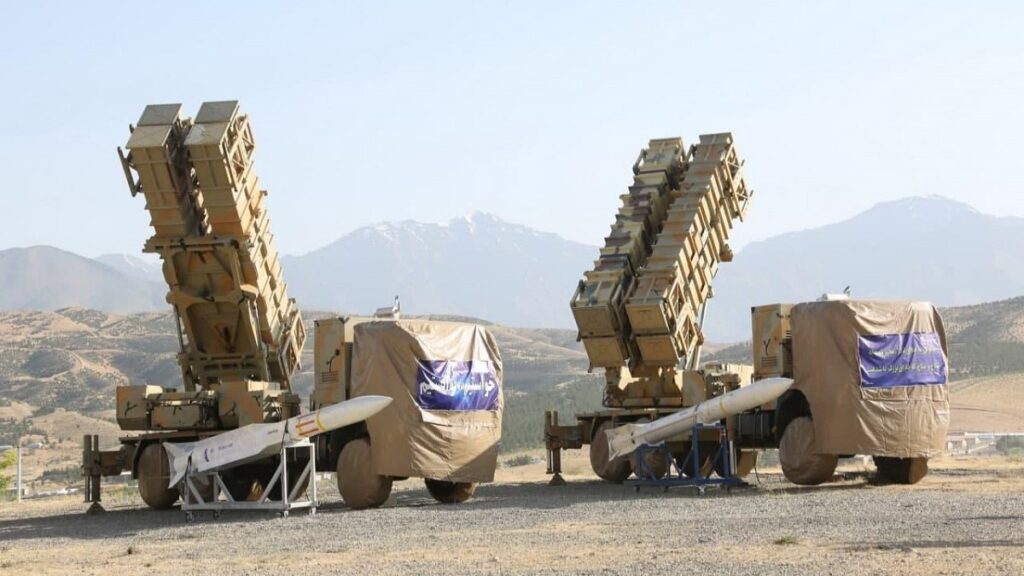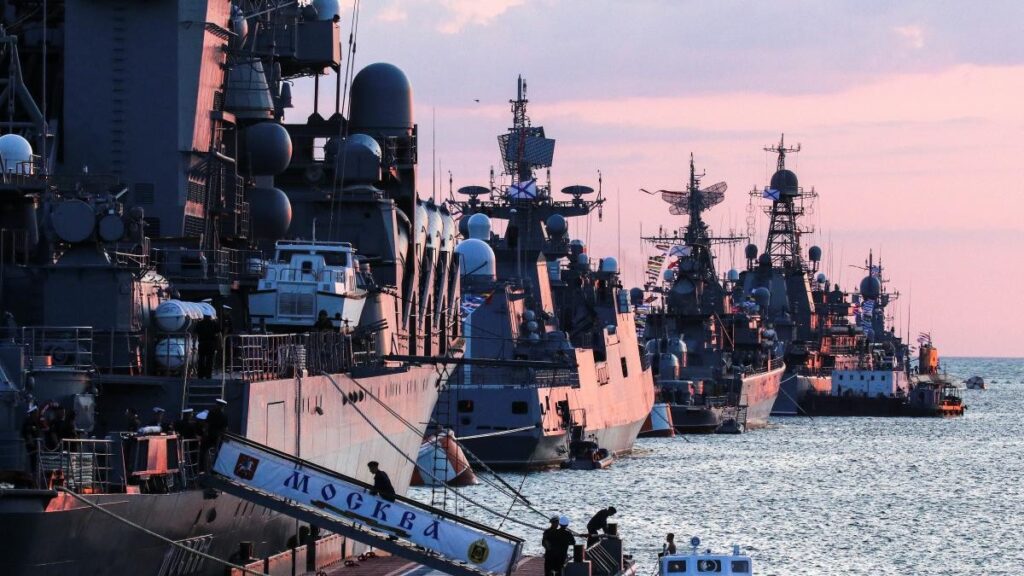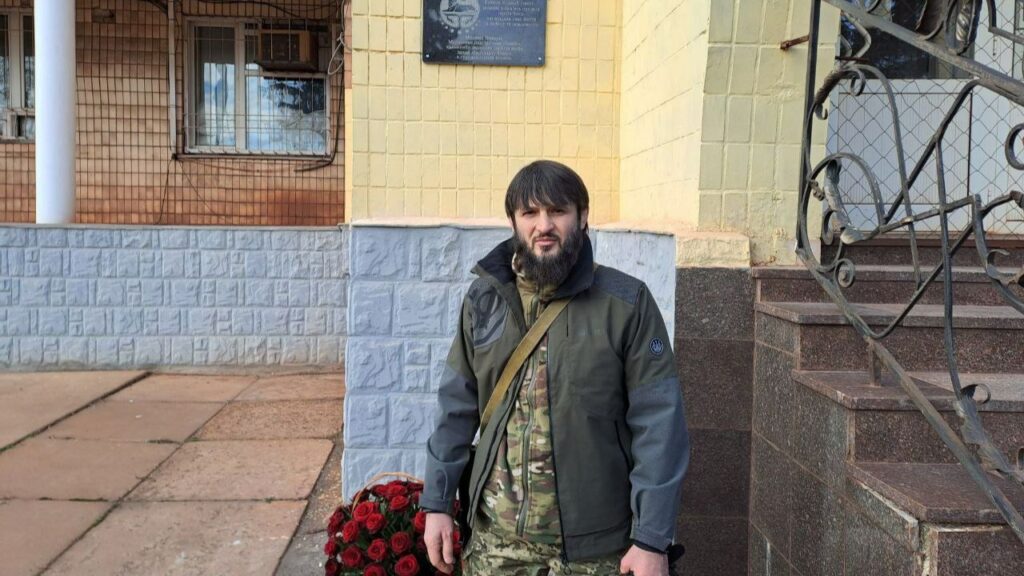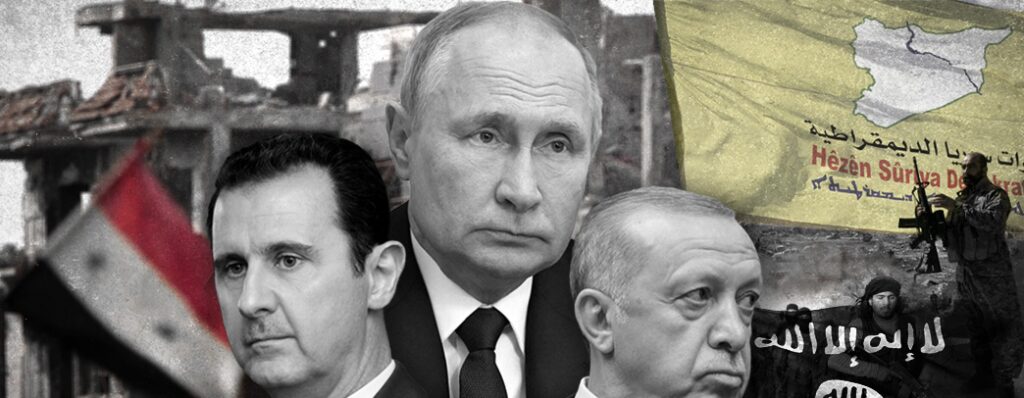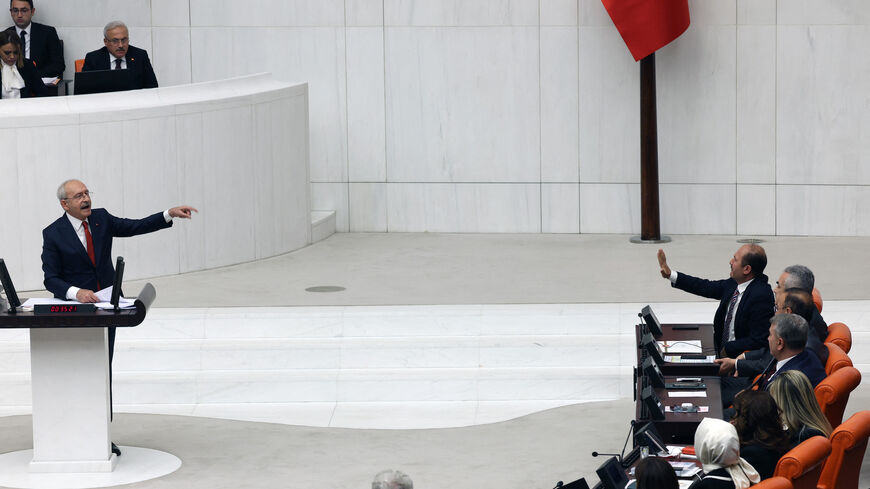Syrian refugees in Turkey watch uneasily as Erdogan warms to Assad
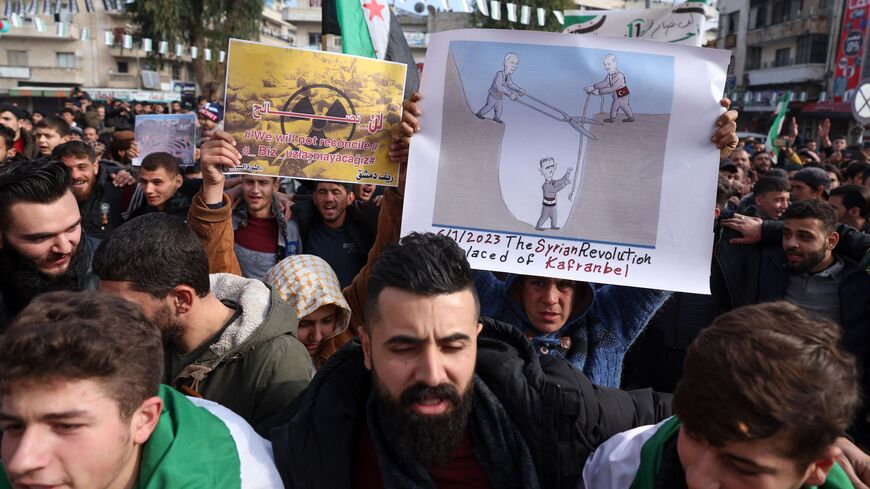
Syrians in Turkey are wary of losing refuge as the Turkish President eyes dialogue with Assad
Turkey’s bid to reconcile with the Syrian government has left many Syrian refugees in the country on tenterhooks as Ankara faces pressure to cut a deal with Damascus on the return of the Syrians amid rising anti-refugee sentiment in a critical election year.

